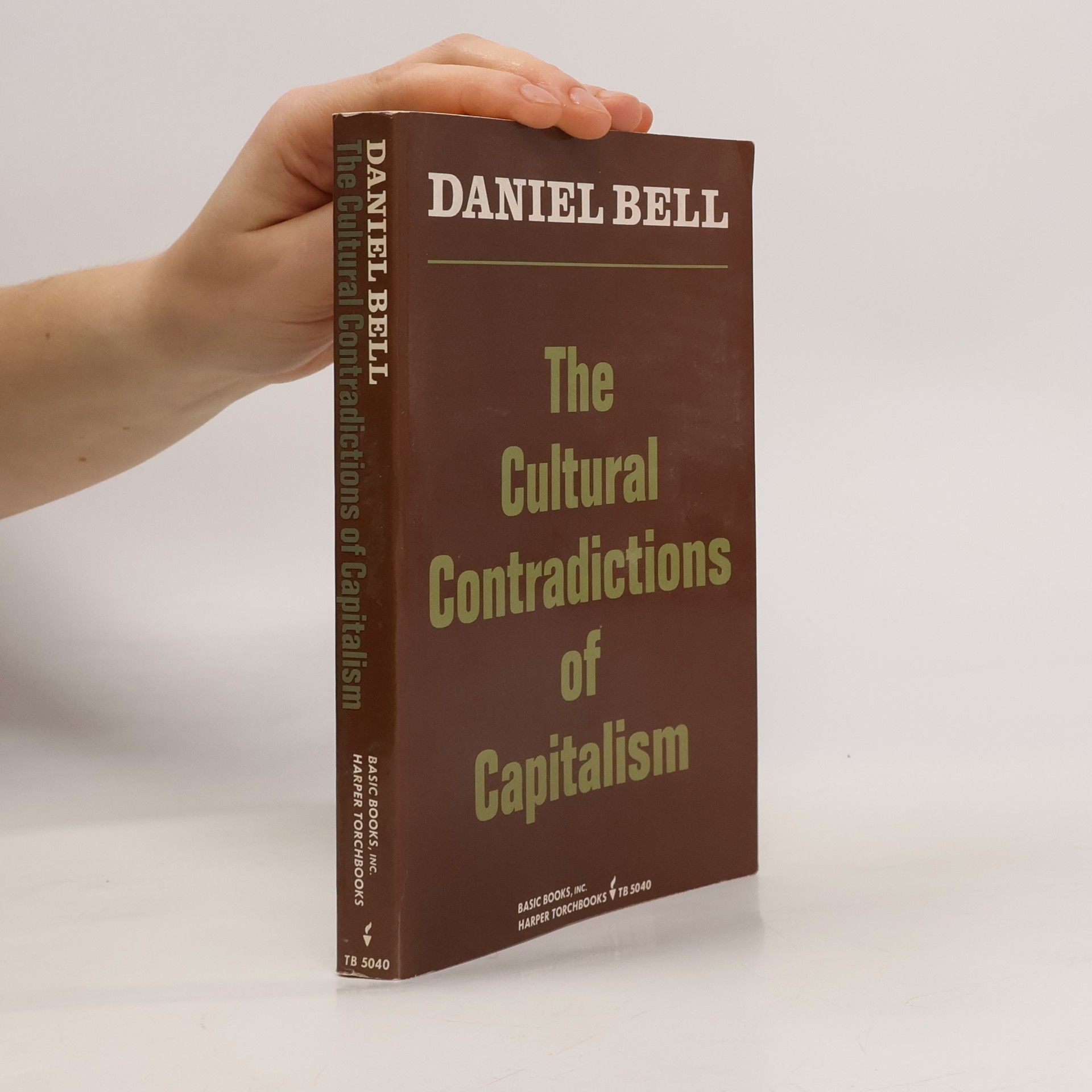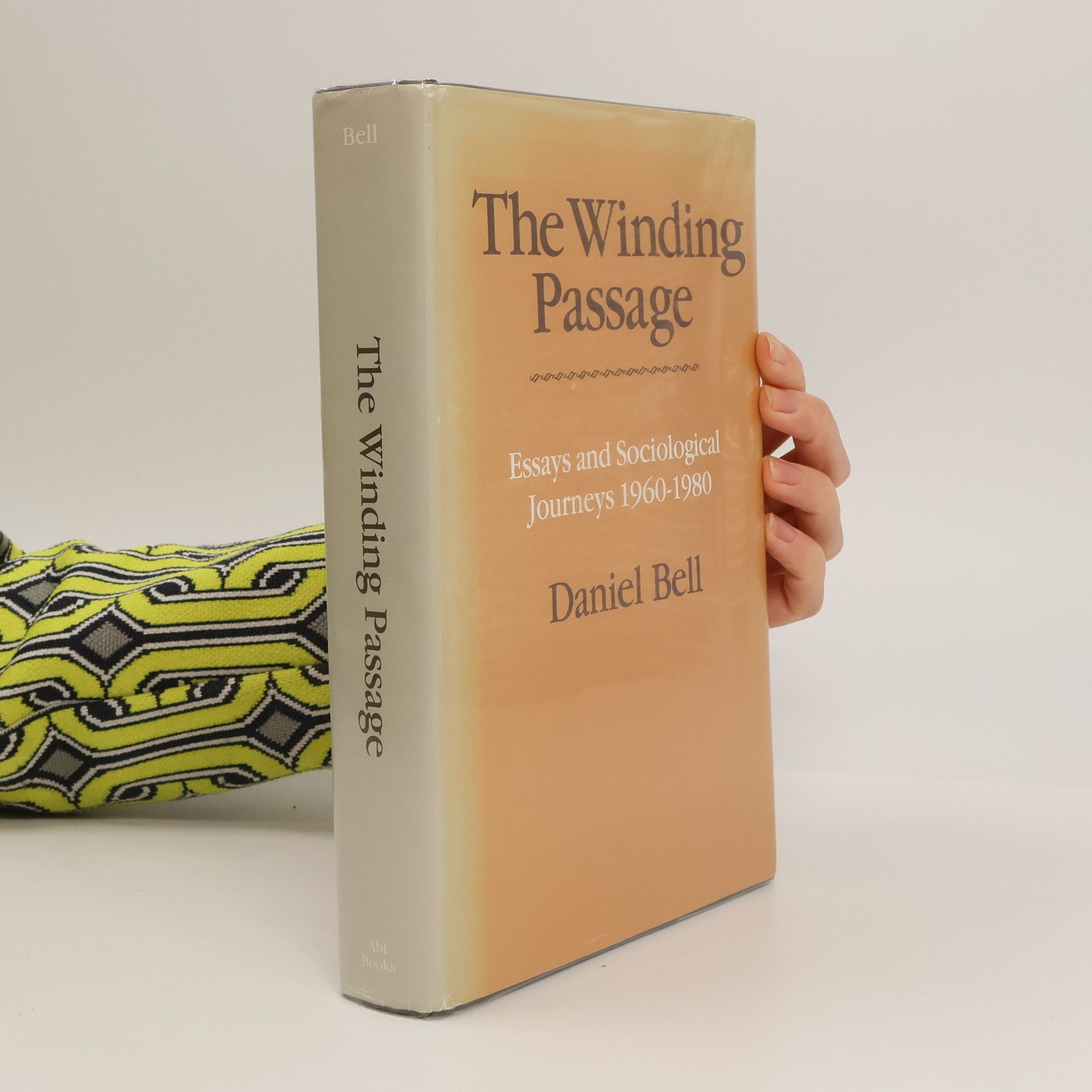Preuves
Une revue européenne à Paris
David Plotke est Professeur de Politique à la New School for Social Research. Ses recherches portent sur la dynamique des mouvements politiques, en se concentrant sur leur essor et leur déclin, ainsi que sur les profondes transformations sociétales qu'ils peuvent engendrer. Le travail de Plotke vise à comprendre comment le pouvoir évolue et les institutions se transforment, en tirant des enseignements de contextes historiques et contemporains. Son approche influente offre aux lecteurs de nouvelles perspectives pour appréhender et comprendre le changement politique.







Une revue européenne à Paris
The refusal to cease suffering
Focusing on the interplay between Christian resistance and capitalism in Latin America, this work delves into the theological debates shaped by this dynamic. Employing postmodern critical theory from Deleuze and Foucault, it examines capitalism's influence on human desire and the Church's response. The book offers a comprehensive analysis of the evolution, challenges, and potential future of liberation theology in the region, marking it as a significant contribution to the understanding of its rise and decline.
Essays and Sociological Journeys 1960-1980
Originally published by Abt Books in 1980, this book brings together most of Daniel Bell's best work in his second career as a sociologist. The essays deal with a diverse range of topics including technology and culture, religion and personal identity, the intellectual and society, and the validity of the concept of class.
Brand New. Ship worldwide
All complex societies are organized along hierarchies, yet the concept has become almost taboo today. This work argues that this stigma is misguided, asserting that social hierarchies cannot and should not be eliminated. Drawing from Chinese thought and other philosophical traditions, the authors explore which forms of hierarchy are justified and how they can promote morally desirable goals. They emphasize the importance of distinguishing just hierarchies from unjust ones, particularly those based on race, sex, or caste. The authors contend that the justification for hierarchy depends on the nature of the social relation and context. Different principles should govern various social relations; for instance, the justification for hierarchy among intimates differs from that among citizens, countries, or even between humans and intelligent machines. The authors advocate for morally justified hierarchies that can positively influence both personal and political spheres, contrasting them with the unjust hierarchies of the past. This work offers a robust defense of hierarchy's role in contemporary society, highlighting its potential to serve useful purposes across different domains.
Are you feeling broken? Separation and divorce can catch us at our most vulnerable, at a time when we're in need of impartial, solid counsel. This book's been written by professionals, with many decades of experience working with divorcing clients. Sections on family law, mediation, finance, mortgages, mental health and wellbeing are included.
Organizing his work thematically to explore important ideas and trends that have influenced the social sciences since World War II, Daniel Bell charts the rise and fall of major developments in the field and presents a comprehensive survey of the progress of the social sciences over this thirty-five year period. Bell discusses such major advances as the emergence of sotiobiology as an effort to unify social behavior through genetically-based parameters, structuralism, the multiplicity of new paradigms in macroeconomics, and schools of neo-Marxism. Parts I and II of The Social Sciences Since the Second World War originally appeared as yearly installments in the Encyclopaedia Britannica's Great Ideas Today series and are combined for the first time in book form. Dr. Bell has added an introductory essay that reviews the time frame and details his rationale for focusing on specific disciplines. His emphasis throughout is on those synoptic efforts geared at providing a systematic body of theory that set forth some coherent statement about human behavior or social structure. The book concludes with a discussion of the viability of formulating a unified viewof knowledge through the unity of science.
Dnes již klasická kniha amerického sociologa Daniela Bella, který proslul svou analýzou postindustriální společnosti a tzv. konce ideologie uzavírá jeho trilogii úvahami o stavu a perspektivách společnosti pozdního kapitalismu z hlediska proměn, stavu a perspektiv kultury. U Bella se snoubí pochopení pro radikální změny kulturní produkce a vnímání kultury (nástup modernismu) s obhajobou konzervativních hodnot a poučenou kritikou toho, co Bell chápe jako ohrožení západní civilizace a kultury. Čtenář/ka jistě přečte se stejným zájmem kapitoly třebas o pop-hédonismu, psychedelickém bazaru nebo dyonýské tlupě jako úvahy o profanaci našeho světa a budoucnosti liberálních idejí v něm.